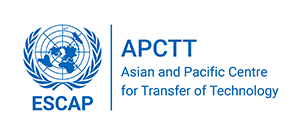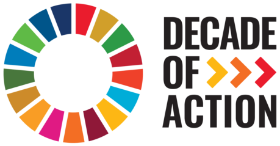Waste Water Treatment in Textile Dyeing Industries
Coloring and finishing factories are the water-consuming ones and produce a large amount of highly contaminated wastewater. These wastewaters are containing a large variety of organic and inorganic contaminants. The number of reagents in these waters may be more than 50. They can also contain textile fibers and different components washed out from the textile fibers during the preparation process. These contaminants are usually very toxic. At present, mechanical, chemical, biological, physic-chemical methods are used for treatment of dye-contaminated wastewaters. The original technology developed by this company and installed at several factories can be used for both residual dyes removal and in the leather industry. The essence of the technology is preliminary mechanical cleaning with further destruction and processing in the units manufactured by the company. Depending on waste water characteristics and local conditions, the company can apply different types of technologies such as: biological; chemical reagent treatment; electrochemical; a combination of the above processes. CONTACT DETAILS: Dr. Tatyana Pilat – President, EIKOS Company, 32 Nusupbeckov st, 480 016 Almaty, Kazakstan. Tel: (007-3272), 304 990; 302 542, Fax: (007-3272) 306 803, E-mail: pilat@eikos.alma-ata.su
Sector: Textile
Country: India
Area of Application: Treatment of waste waters containing any dyes, detergents, salts and suspended solids.
Keywords: waste, water, textile, dyeing, detergent
Advantages: -Can treat various types of dyes, both natural and synthetic; -Simple and reliable technology; -Continuous regime of operation; -Industrial wastewaters can be reused after treatment; -Complete waste water decolorisation is possible; -Requires little space; -No capacity limits.
Environmental aspects: Cleaner Production , Waste utilization
Development Status: Fully Commercialized
Legal Protection:
Technical specifications: 5 to 500 cu.m./h. Having modular design, the system has practically no upper capacity limits. The cost of waste water treatment equipment depends on several parameters. Most important of them are: vo
Transfer Terms: Consultancy , Equipment Supply , Turnkey
Target Countries: World Wide
Estimated cost (US$):
Upload any relevant document:
Contact Person: APCTT (UNESCAP)
Address: Asian and Pacific Centre for Transfer of Technology (APCTT) C-2, Qutab Institutional Area
City: New Delhi
Country: India
Zip/Pin Code: 110016

